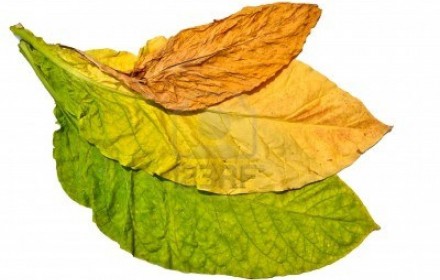Converse Hosting Southern Forum on Agricultural, Rural and Environmental History on April 26-27

Scholars from 11 states and Great Britain will share ideas that push the boundaries of agricultural, rural, and environmental history at Converse College on Friday and Saturday, April 26-27. The sixth annual Southern Forum on Agricultural, Rural and Environmental History (S-FARE) will explore topics ranging from suburban sprawl to philosophies of environmental sustainability, from Mexican migrant workers to rural civil rights activists, and from turpentine to tobacco.
Hosted by Converse College’s Department of History and Politics, this year’s conference is also supported by the Goodall Center for Environmental Studies at Wofford College; the Center for the History of Agriculture, Science, and the Environment of the South at Mississippi State University; and the journal Agricultural History. S-FARE is open to the public, with some events requiring registration and an admission fee.
S-FARE was created to facilitate interdisciplinary exploration of topics that agricultural historians, social historians and environmental historians traditionally focus on separately. Agricultural historians traditionally study the history of farming practices, leaving the study of the lives of rural people to social historians. Environmental historians have often explored the history of the natural environment without examining the ways that humans alter that environment, particularly through farming. S-FARE founder Dr. C. James Giesen, director of the Center for the History of Agriculture, Science, and the Environment of the South, saw real potential at the intersections of the three specialties.
“One of the reasons that I wanted to start S-FARE was that scholars didn’t always think about these three areas–rural, environmental, and agricultural history–as fitting well together,” he said. “With the rise in popularity of environmental history over the last 25 years, the other two fields appeared to be shrinking away. However, I saw in environmental history a tendency to diminish the social history of rural people and to think of agriculture as merely an environmental force, rather than a product of human decision, the result of political policies and diets and things like land use patterns. My goal with S-FARE was simply to bring together scholars in the South who were working on these topics, and to do so in a very informal setting. I’m very excited that the conference is being hosted by Converse College this spring.”
Participants will be treated to a keynote session on “Exploring the Fruitful Intersection of Oral History and Environmental History” with Dr. Kathryn Newfont, chair of the Regional Studies Department at Mars Hill College and author of Blue Ridge Commons: Environmental Activism and Forest History in Western North Carolina.
Because S-FARE participants are avidly interested in issues related to conservation, sustainable agriculture, and the local food movement, several conference events will highlight sustainable farming. On Friday evening, participants will be treated to a reception catered by Converse Deli, a local restaurant that builds its menu from fresh, locally produced ingredients. Also that evening, John Lane, director of the Goodall Center at Wofford College, will read from his latest work as an environmental writer. On Saturday, S-FARE participants will tour Happy Cow Creamery, a Pelzer dairy farm and bottling operation that has thrived since it switched from traditional milk production to sustainable farming methods. The day will end with a tour of the Goodall Center for Environmental Studies complex at the old Glendale Mill.